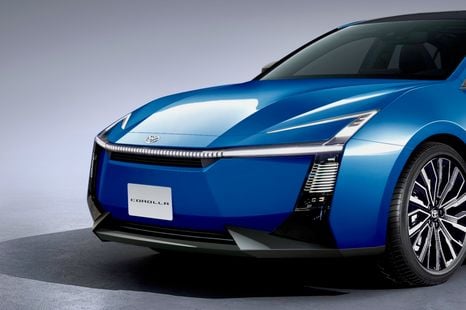

Ben Zachariah
2027 Toyota Corolla: What we know about the next-generation small car
14 Hours Ago

Contributor
Ford in its home US market is significantly ramping up its ability to make electric cars at massive scale.
The Blue Oval brand just announced that it’s creating three massive production plants to increase its electric vehicle (EV) and battery production.
The company said it’s investing US$11.4 billion (A$15.7 billion) in this project, which is expected to create around 11,000 jobs.
This announcement comes just in time as Ford is experiencing big demand for its F-150 Lightning EV pickup and Mustang Mach-E crossover.
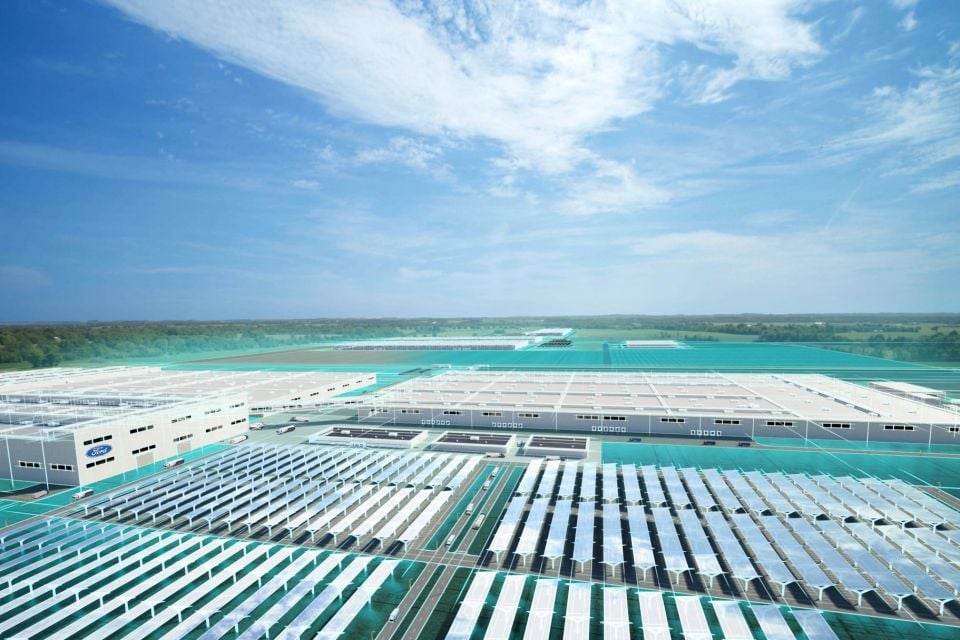
The first and the largest site is the company’s ‘Blue Oval City’ mega EV campus located in Stanton, Tennessee.
Ford is pumping US$5.6 billion (A$7.7 billion) into creating this 3600 acre facility by 2025.
The Blue Oval City campus will be producing both EVs and batteries through a joint venture with SK Innovation, a South Korean petroleum refining company.
In particular, Ford said this facility will be tasked with building the next-generation F-Series pickup truck.
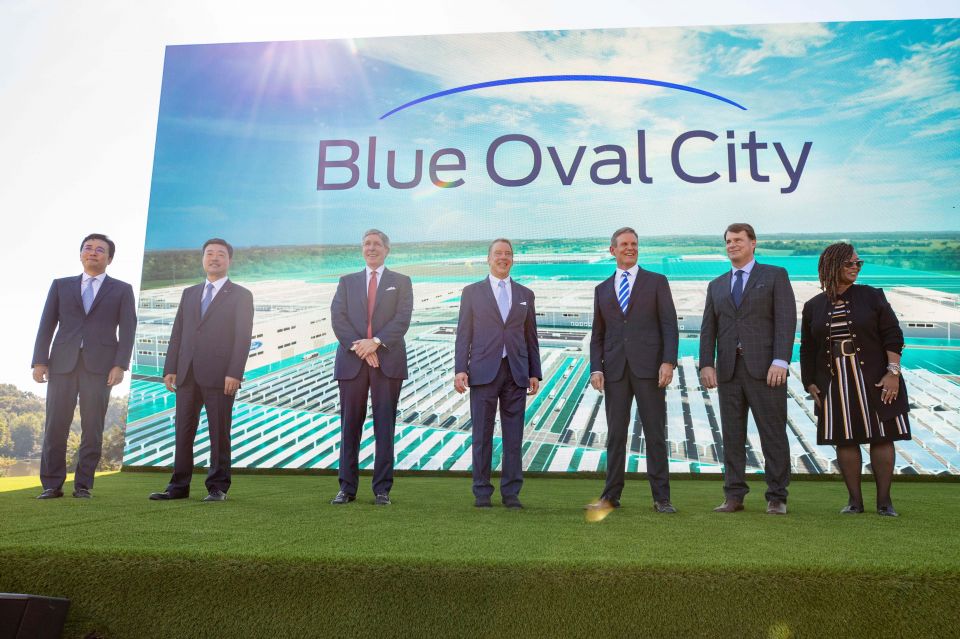
Ford also says that the Blue Oval City campus will create approximately 6000 jobs.
To complete the cleaner image, Ford claims it will be carbon neutral with no waste to landfill once fully operational.
Strengthening the partnership with SK Innovation, Ford also announced that it’s creating the ‘BlueOvalSK Battery Park’ that’s made up of two separate battery plants.
This facility will be located in Glendale, Kentucky and will be tasked with manufacturing advanced lithium-ion batteries for future Ford and Lincoln EVs.
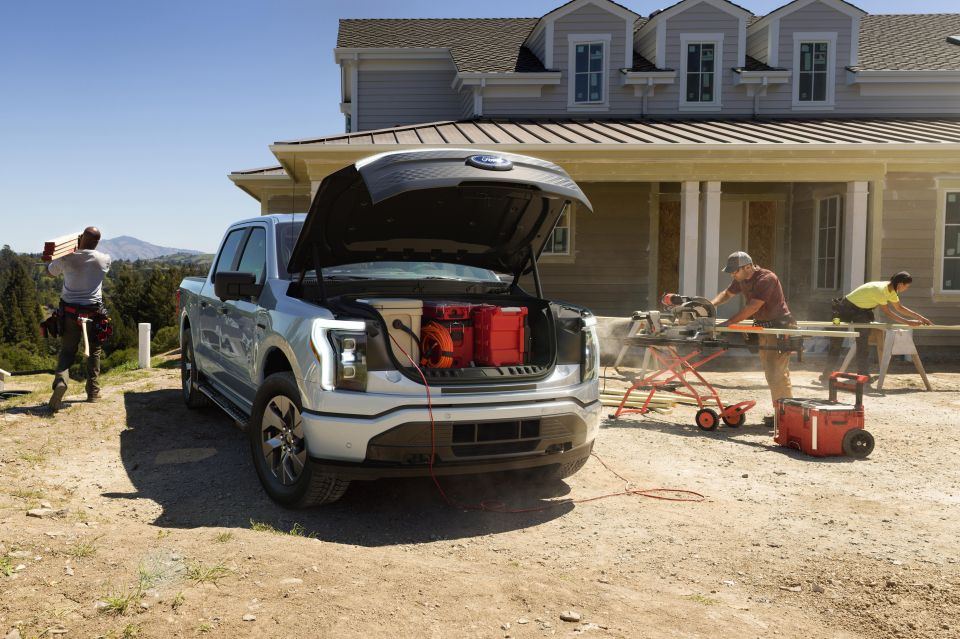
The BlueOvalSK Battery Park is centrally located to the company’s existing production facilities and will create approximately 5000 new jobs.
Also set to commence production in 2025, Ford and SK Innovation have invested US$5.8 billion (A$8 billion) into the creation of this battery park.
Across the three new battery plants, this will enable Ford in the US to produce 129 gigawatt hours a year.
With this increased battery production, Ford will also strengthen its exisiting partnership with Redwood Materials, a battery materials company.
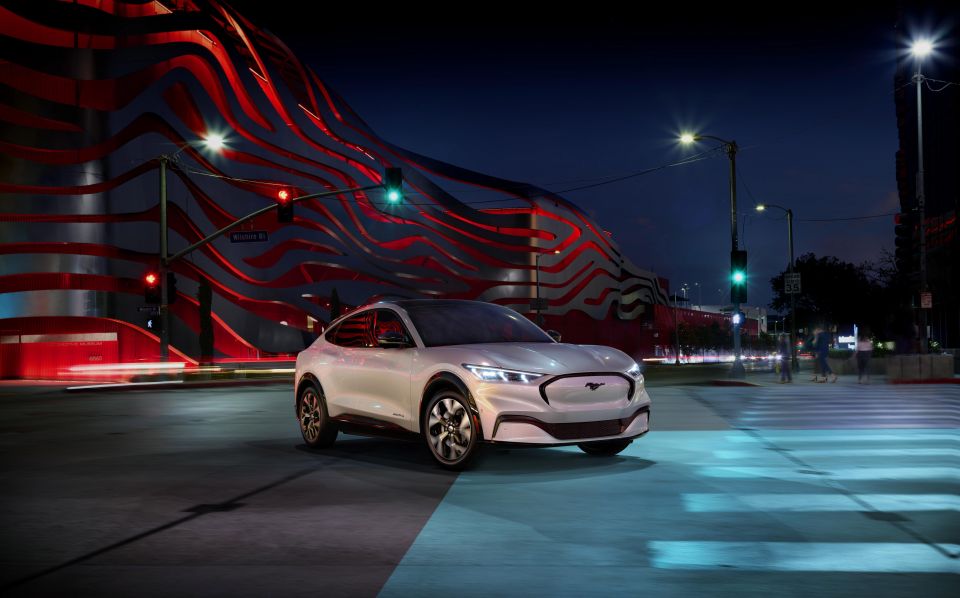
The two companies will work together on recycling options for scrap and end-of-life vehicles, as well as lithium-ion battery recycling.
Ford is investing US$525 million (A$725 million) that’ll go towards electric vehicle job training and career readiness initiatives to upskill US workers in servicing EVs.
This step up in EV production by Ford is on top of the recently announced expanded capacity at the Ford Rouge Electric Vehicle centre.
Ford currently offers the F-150 Lightning pickup, E-Transit and Mustang Mach-E in its global EV lineup.
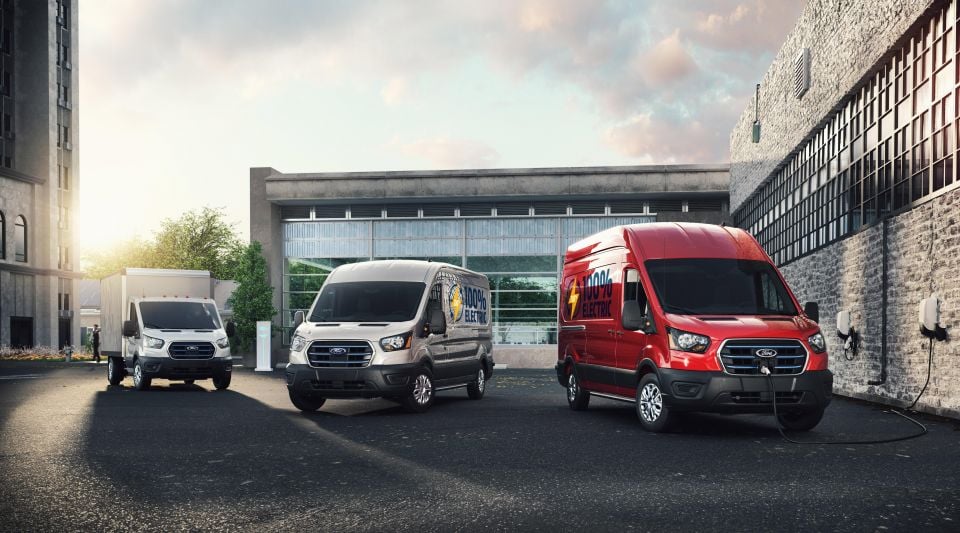
There are currently no plans to bring any of these vehicles to Australia as yet, however.
The closest electrified vehicle we will be getting thus far is the Ford Escape PHEV, which has been delayed until early 2022.
Ford expects 40 to 50 per cent of its global vehicle volume to be all-electric by 2030.
“We are moving now to deliver breakthrough electric vehicles for the many rather than the few,” said Jim Farley, Ford president and CEO.
Ford pioneered the first ever moving assembly line in 1913.
Go deeper on the cars in our Showroom, compare your options, or see what a great deal looks like with help from our New Car Specialists.
Jack Quick is an automotive journalist based in Melbourne. Jack studied journalism and photography at Deakin University in Burwood, and previously represented the university in dance nationally. In his spare time, he loves to pump Charli XCX and play a bit of Grand Theft Auto. He’s also the proud owner of a blue, manual 2020 Suzuki Jimny.


Ben Zachariah
14 Hours Ago
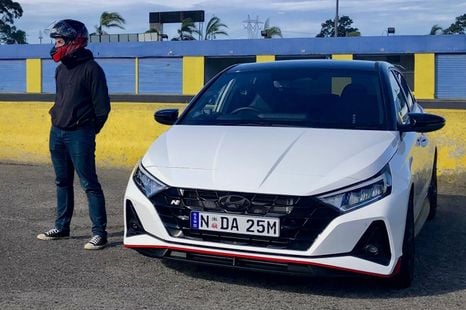

Max Davies
14 Hours Ago
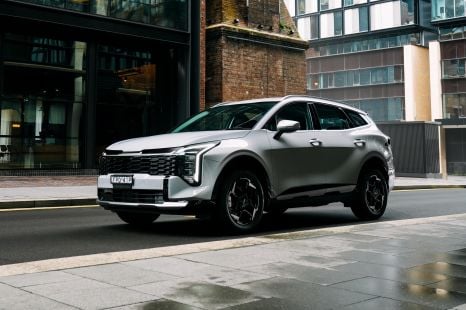

James Wong
14 Hours Ago
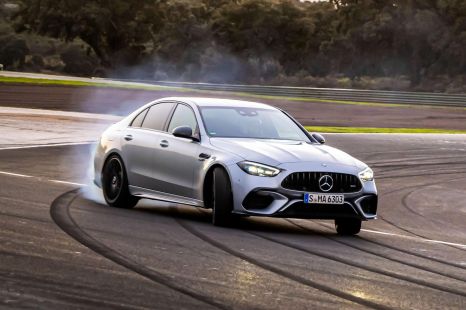

Derek Fung
16 Hours Ago
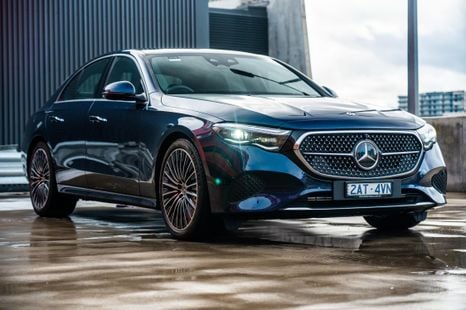

Josh Nevett
22 Hours Ago
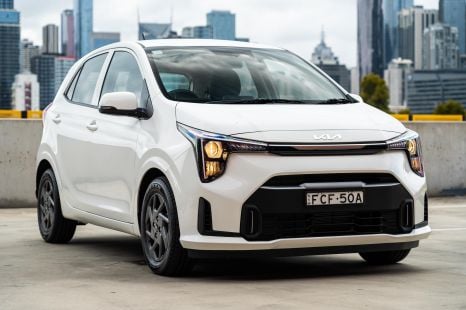

Josh Nevett
2 Days Ago